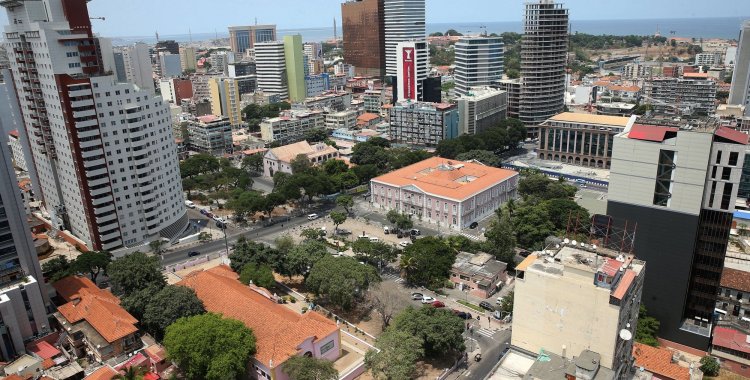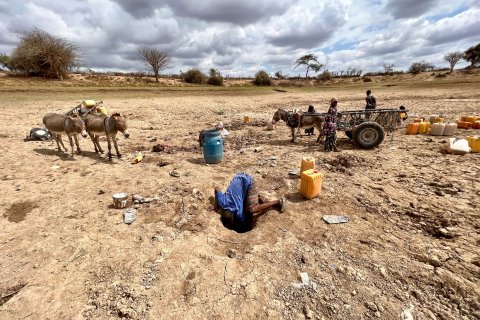"Thanks to the current high level of oil prices, we estimate that Angola is expected to register a primary budget surplus [excluding interest] above five percent of Gross Domestic Product (GDP) in 2022, the second best in Africa; this will help alleviate short-term liquidity concerns, but we note that external debt payments will increase significantly from 2023 onwards, when debt restructuring agreements with two Chinese banks end," Standard & Poor's said.
Speaking to Lusa following a report on the ability of African banks to absorb the shock of the war in Ukraine, credit analyst Giulia Filocca said that "Angola's banking system is smaller than the African average, and bank accounts are relatively burdened with sovereign debt".
The non-banking financial system, added the analyst of this rating agency, is also relatively small, "which suggests that there is limited space for the accumulation of domestic debt on the part of domestic markets."
The issuance of public debt in the domestic market has been one of the bets of the Government of Angola to avoid indebtedness in the international market, seeking not only to stimulate the domestic market itself, but also to 'escape' the payment of interest of almost 10 percent required. by international investors.
Even so, Giulia Filocca tells Lusa that "real interest rates are high in Angola, reflecting the still high inflation environment and the significant risk premiums demanded by national investors".
Interest payments on debt issued occupy more than 20 percent of all revenue raised by Angola, above the African average, he notes.
In its report on debt vulnerabilities on the continent, following Russia's invasion of Ukraine, this rating agency says that "declining global economic growth and China's slowdown are having a negative impact on the ability of African emerging markets to accumulate debt".
The fact that in markets such as Egypt, Ghana and South Africa an important part of the domestic debt is held by foreign investors "increases liquidity, but often at the expense of an increase in sensitivity to changes in global monetary policy", warn the analysts, concluding that "many African countries have already entered this post-pandemic period with a high volume of domestic debt and large debt refinancing needs".







